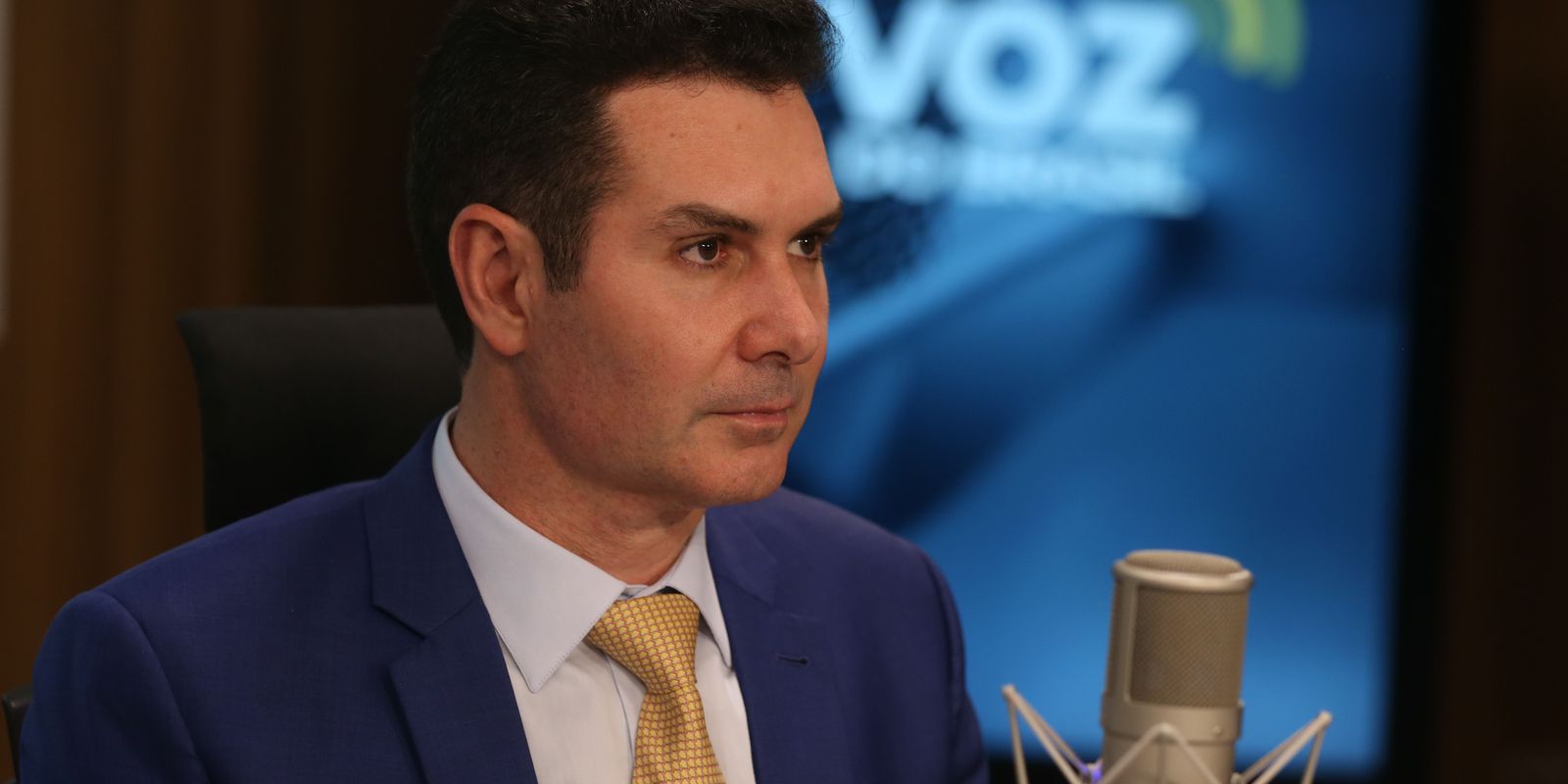The climate crisis is solved by leaving “extract oil, coal and gas“said, this Monday, April 17, President Gustavo Petro before the United Nations Indigenous Forum, first stage of your visit to USA Where will you meet the President? Joe Biden.
(See: They ask to investigate whether the government gave gifts to congressmen for reform).
“Believing that reforesting, revitalizing the forests can solve the climate crisis, is not true” said the Colombian president, for whom the solution is “dstop extracting oil, coal and gas“.
Petro participated in the inaugural session of the UN Permanent Forum on Indigenous Issues, which is being held in person for the first time since it erupted the covid-19 pandemic three years ago, and which is presided over by the Colombian indigenous of the Zenú people, Darío José Mejía Montalvo.
With the title ‘Indigenous peoples, human health, planetary and territorial health and climate change: a rights-based approach’, this forum demonstrates that the health of the planet and the health of people are intrinsically linked.
(See: Effects on the reforms of a possible rupture in the government coalition).
As the UN Secretary General, Antonio Guterres, recalled, indigenous peoples “live on the front lines of the climate emergency” although “they have done nothing to cause the climate crisis“.
Guterres also urged that they be heard because they have “many solutions to the climate crisis” as well as being “guardians of the world’s biodiversity.”
‘The climate balance is broken’
“The climate balance is broken,” warned President Petro, who has made the environmental conservationand and the ‘total peace’ of his country the main axes of his government.

Peter at the UN.
Native populance “they can take better care of the land than any other culture“, he recalled before asking for “pragmatic measures”, which go through peace in the world – wars hide many problems on the planet, according to him – and “immediate transition decisions towards decarbonized economies”.
(See: Reasons why ‘The Economist’ criticized Petro’s ‘total peace’).
“Exchange debt for climate action” so that the states can reduce their indebtedness and create “a public financial space” that helps to “plan concrete actions to solve the central axes that are producing the climate crisisPetro said to applause from the hundreds of representatives from around the world gathered in the General Assembly hall.
“It’s not that I’m trumpeting the great revolution against big capital“he said, but”We cannot wait for the market, for capital, to solve the climate crisis because it has taken 40 years (…) to convince us that the market can solve everything“.
In addition, recalled the summit of 10 countries that share the Amazon rainforest, that will take place next August in Belén de Pará, in Brazil, to build a common program that will allow “enabling the flow of money needed to build a common heritage”.
Colombia, where 4.4% of the population is indigenous, will dedicate more than 150 million dollars to revitalize it, he announced.
Petro maintained that if the Amazon jungle disappears, not only does the water in Colombia that more than 50 million inhabitants drink disappear, but also much of human existence disappears.
(See: Pension reform: experts believe that it would threaten national savings).
Indigenous peoples – more than 5,000 cultures speaking more than 4,000 languages - represent 5% of the planet’s population but are 15% of the poorest, according to the UN, which recalls that they are losing their land, their rights and their resources.
The Colombian president will meet with his US counterpart Joe Biden at the White House next Thursday, April 20, to discuss migration and the fight against drugs at a time when the former guerrilla fighter is seeking “total peace.”
(See: FARC dissidents announce the start of a new peace dialogue table).
On Tuesday he will be in San Francisco to participate in a colloquium at Stanford University on the challenges of climate change, economic growth and social inclusion in Latin America.
AFP






